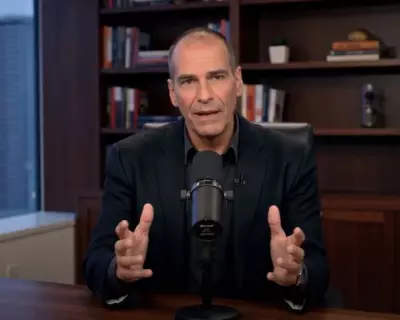
Twitch phenomenon and political commentator Hasan Piker has ignited a firestorm of criticism after making controversial remarks about student loan debt during a recent live stream, leaving thousands of viewers questioning his connection to everyday financial struggles.
'Just Pay It Off' Comment Sparks Outrage
During what began as a routine broadcast, Piker engaged in a discussion about America's student debt crisis, which has ballooned to a staggering $1.7 trillion nationwide. The streamer, known for his progressive political commentary, stunned viewers by suggesting that the solution was straightforward: "Just pay it off."
His comments came during a conversation where he acknowledged the theoretical severity of the student loan situation while simultaneously dismissing practical concerns faced by millions of graduates.
Viewers React: 'Privilege Showing'
The reaction from his audience was immediate and fierce. Long-time followers expressed disappointment and anger, with many calling the remarks "completely out of touch" with the reality facing ordinary Americans.
One viewer commented: "This is peak privilege. Does he not understand that most people aren't making millions from streaming?" Another added: "The disconnect is staggering. He's forgotten what it's like for regular people."
Defence and Damage Control
As criticism mounted across social media platforms, Piker attempted to clarify his position in subsequent streams. He argued that his comments had been taken out of context and emphasised his long-standing support for student debt forgiveness policies.
However, many critics remained unconvinced, pointing to what they perceived as a pattern of contradictory behaviour between his political messaging and personal financial decisions.
The Wealth Divide in Focus
The controversy has highlighted the growing tension between online creators' substantial earnings and their ability to relate to audience members facing genuine financial hardship. Piker, who reportedly purchased a $2.7 million home in 2021, now faces questions about whether his success has created an empathy gap with his core audience.
This incident serves as the latest example of content creators navigating the complex relationship between personal wealth and political advocacy in the digital age.





